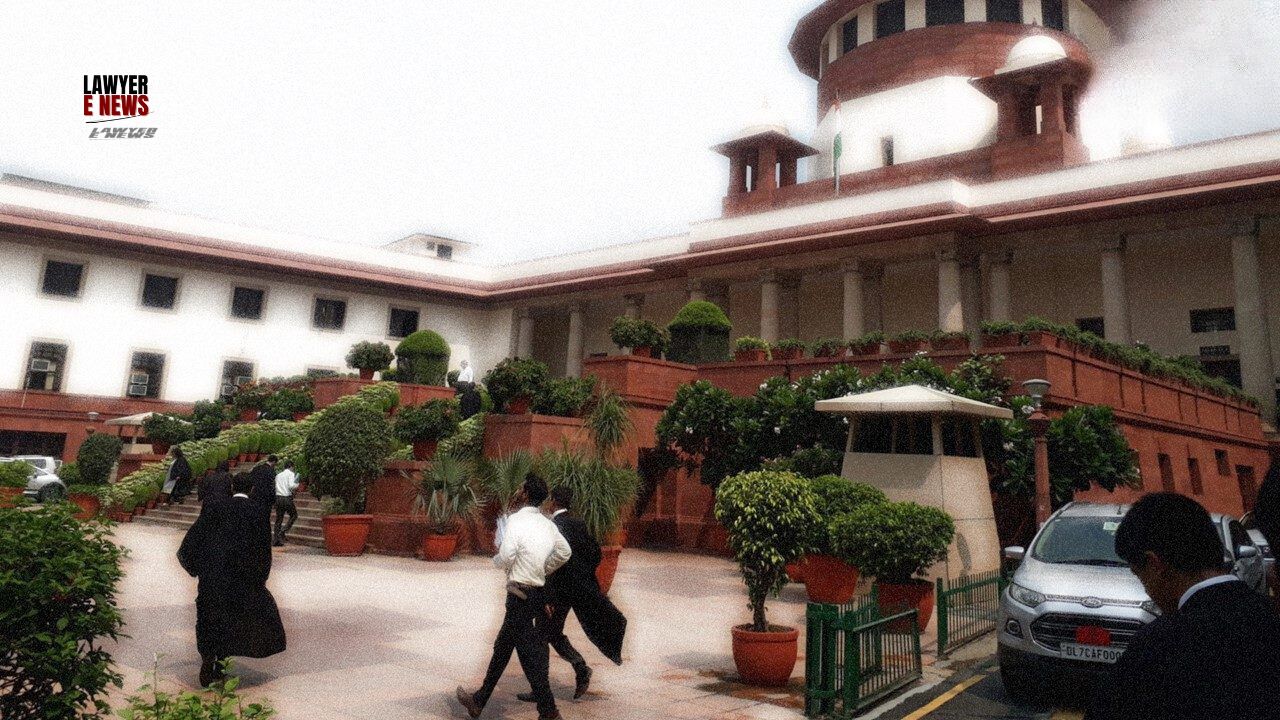-
by Admin
16 February 2026 1:47 PM



“Consent to Be Junior in New Cadre is Binding and Irrevocable” – In a pivotal ruling Supreme Court of India in The Secretary to Government, Department of Health & Family Welfare & Anr. V. K.C. Devaki held that an employee who is transferred to another post at their own request— even on genuine medical grounds—cannot claim seniority from the original appointment. The Court emphasized that “such an officer shall be placed below all the officers borne on that class or grade of service on or before the date of transfer,” reaffirming the mandatory nature of Rule 6 of the Karnataka Government Servants (Seniority) Rules, 1957.
Case Background: Medical Grounds for Cadre Change Don’t Justify
Seniority Retention
Respondent K.C. Devaki was appointed as a Staff Nurse in 1979 in Karnataka’s Department of Indian Systems of Medicine. Citing chronic bronchitis, she requested a change in cadre to a clerical post. Upon medical verification and official acceptance, she was appointed as a First Division Assistant in 1989. Crucially, she expressly consented in writing to accept the position “below the last person” in the new cadre. The order of appointment dated 19.04.1989 noted that “she shall get the service seniority below the last candidate on that date.”
Years later, when the government published a seniority list in 2007 ranking her accordingly, she challenged it before the Karnataka Administrative Tribunal, claiming seniority from 1979. The Tribunal agreed, relying on an earlier High Court judgment in K. Seetharamulu, and the decision was upheld by the High Court. This led to the State’s appeal before the Supreme Court.
“Transfers at Employee’s Request Cannot Be Equated With Public Interest Transfers”
Justice Pamidighantam Sri Narasimha, delivering the judgment, firmly held:
“Transfers characterised as in public interest are founded, sourced, and rooted in administrative exigencies and nothing else… A transfer sought at the request of the officer… does not partake the character of a transfer made in the public interest.”
The Court rejected the High Court’s reasoning that the medical board’s recommendation implied public interest, stating:
“Change of cadre pursuant to report of medical board is not determinative of whether the transfer is for public interest or effected at the request of the officer.”
Rule 16(a)(iii) Permits Cadre Change Only with Consent to Relinquish
Seniority
The Court examined Rule 16(a)(iii) of the Karnataka Civil Services (General Recruitment) Rules, 1977, which allows cadre change when an officer is permanently incapacitated. However, such appointment must not be to a lower post unless the officer consents. Devaki had explicitly given such consent. The Court observed:
“The prescription that such an officer cannot be appointed to a post lower than that held by him or her can be waived or deviated from if the officer himself consents for the same.”
Therefore, her 1989 appointment in the new cadre marked the beginning of a fresh seniority, not a continuation of the previous one.
Rule 6 of 1957 Seniority Rules Is Clear and Binding”
Referring to Rule 6 of the Karnataka Government Servants (Seniority) Rules, 1957, the Court clarified:
“Where the transfer is made at the request of the officer, he shall be placed in the seniority list… below all the officers borne on that class or grade of service on or before the date of the transfer.”
The Court held that this provision protects existing employees from disruption and ensures fairness in service progression. It concluded:
“Such transferees are generally placed at the bottom, below the junior-most employee… to avoid heartburn of existing employees in the transferred cadre.”
Precedents Support the State’s Stand, Not the High Court’s View
The Court distinguished the High Court’s reliance on K. Seetharamulu, calling it erroneous and based on misinterpretation. It instead relied on a more appropriate Division Bench ruling in M.K. Jagadeesh v. Registrar General, Karnataka High Court, which had nearly identical facts, including written consent to be junior. The Court quoted:
“Having sought change of cadre giving an undertaking… it is not open to the appellant to request that his seniority must be reckoned from the original date of appointment…”
The Court also cited K.P. Sudhakaran v. State of Kerala, reiterating the principle:
“A government servant getting transferred to another unit for personal considerations cannot be permitted to disturb the seniority… by claiming that his service… should be taken into account.”
Final Ruling: Seniority Must Be Counted From Date of Cadre Change Upholding the government’s decision to place Devaki as junior in the FDA cadre from 19.04.1989, the Supreme Court ruled:
“We are of the opinion that seniority has to be with effect from 1989 only… This decision is in consonance with Rule 16 of 1977
Recruitment Rules and Rule 6 of the 1957 Seniority Rules.”
Accordingly, the appeals were allowed, and the High Court’s decision was set aside.
Date of Decision: March 25, 2025
